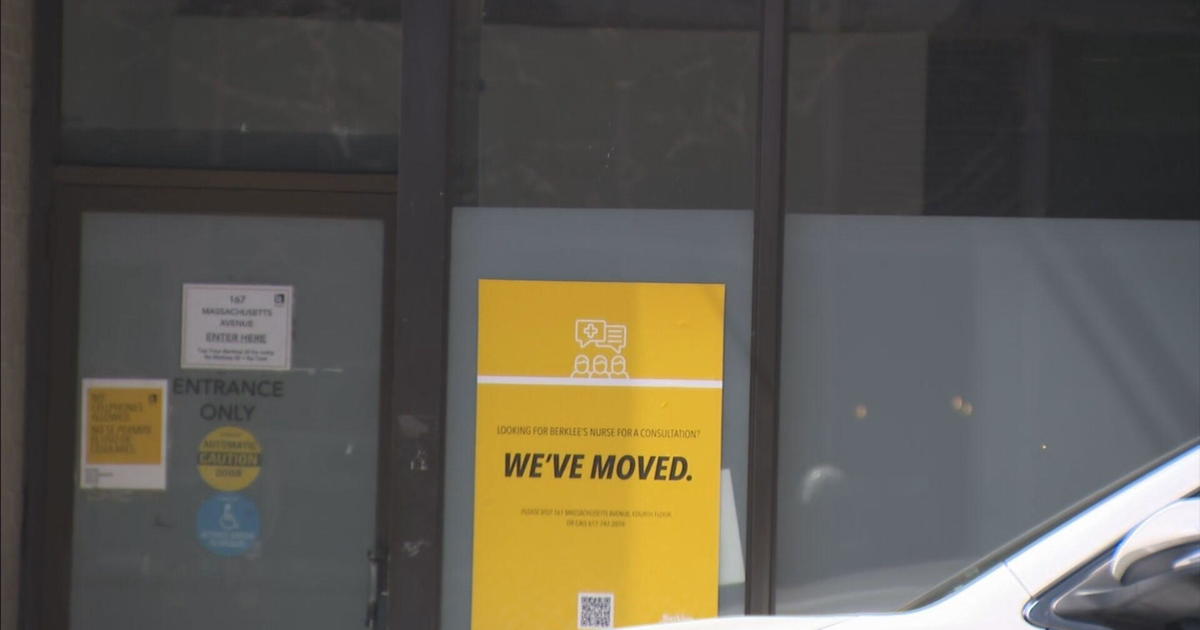Tips To Make College More Affordable
This article is provided and sponsored by:
ClearPoint Credit Counseling Solutions
__________________________________
Today when we think of "college" we almost immediately think of skyrocketing costs and the student loan crisis. But it doesn't have to be this way. While most American families want to send their children to college without facing a debt burden, this is rarely a reality. Thankfully there are some simple strategies you can use to make college more affordable.
It Starts in High School
Here are some things high school students should be thinking about and doing if they want college to be more affordable.
Get good grades. The higher your grade point average (GPA), the better your chances of securing scholarships or financial assistance. Many colleges offer tuition assistance that is GPA-based.
Do well on the SAT. National merit scholarships are awarded to those students who score the highest on the SAT their junior year. Take practice PSAT exams as a freshman and sophomore to improve your skills for the junior year test.
Sign up for college-level classes. Taking Advanced Placement (AP) classes can help you earn college credits if you do well on the College Board exams. Students who score high on several AP tests can start college with one semester (12-15 credit hours) already under their belt. By "testing out" of general education classes, you'll be free to pursue more classes toward your major.
Deciding Where to Go Students should be applying to multiple schools and completing all financial aid applications with each school. From there, see which school is offering the most free money and has the lowest out-of-pocket cost. Free money includes:
- Grants
- Scholarships
- Programs like work-study
Just because a school has a really high tuition or "sticker price," does not mean that attending the school will actually be expensive. In some cases, expensive schools also have large endowments. For this reason, it is important to consider a variety of schools and review financial aid offers carefully.
For Parents: College Savings Plans
529 Plans
529 Plans are the state-operated college savings plans that everyone has been talking about. These plans are invested similarly to a 401k or IRA, using mutual funds or other investments. As a rule, these plans shift from stocks to bonds (or, more generally, from riskier to safer investments) as the child approaches college age.
Another type of 529 plan is the prepaid plan, which is currently offered by many states, although some may be closed for new enrollment. A prepaid college savings plan guarantees that the money invested will grow at the same rate as college tuition. So, when you hear news reports that "college tuition is rising at alarming rates" you can breathe easy knowing that it won't affect you (as much) if you have chosen this plan. In essence, this plan "locks in" college tuition at the current costs.
Coverdell ESAs
While many people have heard of 529 plans, "Coverdell" isn't exactly a household name. A Coverdell Education Savings Account is also a tax-advantaged college savings plan, but it has a few key differences from the 529:
- The Coverdell Education Savings Account can be used to fund expenses for elementary and secondary school.
- Coverdell ESAs allow for greater investment flexibility.
- There are numerous regulations around contributions and income levels of the donors to Coverdell ESAs.
- A Coverdell ESA is not revocable, so a donor cannot take out his or her money.
Think Twice about Cosigning
As parents and students determine how to pay for college, the topic of cosigning may come up. Cosigning has pros and cons that borrowers should be familiar with.
The good news is that by cosigning the loan, you will help your child secure college funding and likely at a more favorable interest rate (assuming you have decent to good credit).
The bad news: you are legally responsible for the loan if your child defaults.
Parents should strongly consider whether they are willing to be obligated to this debt if the child fails to pay. Consider other options, such as increasing the PLUS loan amount.
For more help with student loans, including a free budget review and explanation of which repayment programs you may qualify for, contact ClearPoint for a free student loan counseling session.



